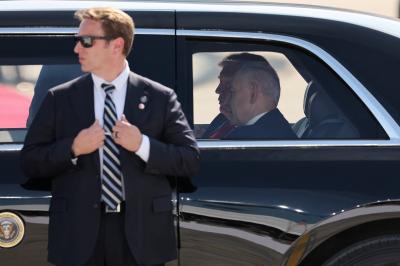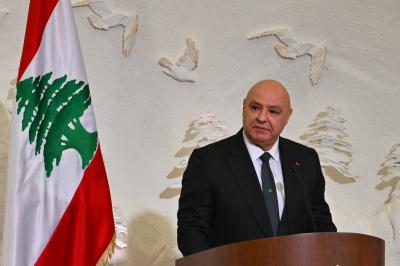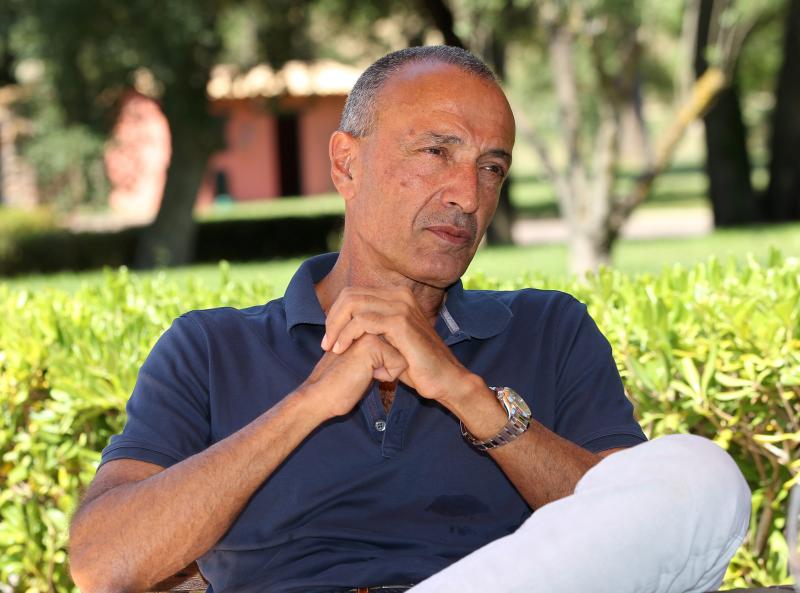Several motives drive major powers to contract these companies for military and security operations outside traditional battlefields, giving rise to "proxy wars."
In the most secretive missions worldwide, unconventional players emerge: private military and security companies, commercial entities offering a comprehensive range of services in the military and security sectors. Their clients? Individuals, organizations, or even governments, often working closely with intelligence services. The idea sprouted in the minds of retired officers, all from elite units of their respective armies. Their specialty? Unmatched operational efficiency and freedom from bureaucratic constraints hindering traditional military forces. Their structure? Agile and adaptable, in stark contrast to conventional military organizations.
These companies rely on powerful investors for the necessary equipment and logistics. They also recruit former military personnel experienced in field operations. Their methodology includes:
Training civilians to a level of competence equal to or surpassing that of elite units of traditional armed forces.
Recruiting former elite soldiers as mercenaries, with proven combat experience.
Providing combat, logistics, and training services to regular armed forces outside their home country.
Creating a new generation of mercenaries trained to carry out missions ranging from assassination to subversion, sowing chaos and conflict, serving major powers.
Several motives drive major powers to contract these companies for military and security operations outside traditional battlefields, giving rise to "proxy wars." This allows them to deny any involvement if their role in these conflicts is revealed, thereby preserving their national interests while minimizing psychological impact on public opinion, avoiding deploying their own troops.
Among the globally recognized actors in this field, who have operated in conflict-ridden regions such as Iraq, Afghanistan, Syria, and various African nations, are "Blackwater" and "Wagner."
The Case of the American Company "Blackwater":

Founded in 1997 by Eric Prince, a former U.S. Navy SEALs commander, this company is considered an extension of the U.S. armed forces. It signed numerous contracts with the U.S. government, both domestically and abroad, particularly in Afghanistan and Iraq. Scandals in Iraq led the company to change its name in 2009 to "Xe Services," and then to "Academi" in 2011.
Mercenaries deployed in Iraq earned between $500 and $1,000 per day, a significant advantage being their immunity from prosecution in the United States, unlike active-duty American soldiers.
Blackwater, having secured contracts with the U.S. government exceeding $500 million, managed to establish a base in Iraq for a mercenary group comprising nearly 20,000 individuals, equipped with American armaments, including armored vehicles and combat helicopters.
Between the United States and Russia
The rivalry between the U.S. and Russia manifests through various facets, whether regular military presence, the struggle for influence, or competition in international markets. In addition to these elements, antagonism between Blackwater and Wagner is escalating.
It's essential to note that individuals aspiring to create security companies in Russia, particularly among oligarchs, must obtain Russian government approval. In response, the government stated that such companies could contribute to Russia's national interests without requiring direct state intervention.
The Case of the Russian Company "Wagner":

The Russian company Wagner, founded in 2014 by Dmitry Utkin after retiring from the Russian army, with financial backing from Yevgeny Prigozhin, an individual with no military or security background, appears to be an adaptation of Blackwater's American experience. Utkin reportedly acted as the military leader, while Prigozhin held the real power. Utkin, a former officer of Russian military intelligence known as "Wagner," had led the special operations unit "Spetsnaz" of military intelligence. Wagner, shrouded in mystery, is considered one of the most secretive companies globally, but it is certain that all its members are former professional soldiers. It gained notoriety by participating in operations in Syria, Ukraine, and currently in Africa. Mercenaries operating in Ukraine received compensation ranging from $200 to $500 per day.
On the night of June 23rd of this year, the leader of "Wagner" announced the loss of several of his members, as a result of Russian airstrikes orchestrated by the highest Russian authorities against Wagner installations. Subsequently, "Prigozhin" ordered an attack on the city of "Rostov," south of Russia, near the Ukrainian border, taking control of the advanced command post of the Russian army. The headquarters fell into the hands of "Wagner" without any military confrontation.
The severity of the situation prompted the Kremlin to revise its policy towards "Wagner." In response, Belarusian President Alexander Lukashenko was tasked with resolving the dispute and removing Wagner forces from the city of Rostov-on-Don, sending them back to their camps. Lukashenko succeeded in this mission, which then led to a meeting between President Putin, Prigozhin, and some military leaders from "Wagner."
On Wednesday, August 23, 2023, the TASS news agency reported, citing the Russian Ministry of Emergency Situations, that a private plane had crashed north of Moscow. The Civil Aviation Agency announced that Yevgeny Prigozhin and Dmitry Utkin, along with eight other people, including a crew of three, were aboard the private plane headed for St. Petersburg.
What will become of "Wagner" after the disappearance of its leader?
"Wagner," considered a paramilitary force deployed in various countries, is currently treated by Russian political leadership as a national interest entity not to be abandoned. It is therefore likely that President Putin will appoint a reliable and loyal military and/or security personality to lead "Wagner" and comply with directives to be established by Russian authorities. Among the names mentioned among retired elite officers of the Russian army proposed to Putin, Colonel "Andrei Trochiv," nicknamed "the Gray," stands out. He worked with "Wagner" in Syria as the chief of staff for military operations against the Islamic State and the Al-Nusra Front.
In conclusion, despite the differences between the two companies, they share the status of essential elements of complex systems having a significant impact on the countries where they operate. However, each has its own characteristics, history, and distinct working methods.
Please post your comments on:
[email protected]
 Politics
Politics














